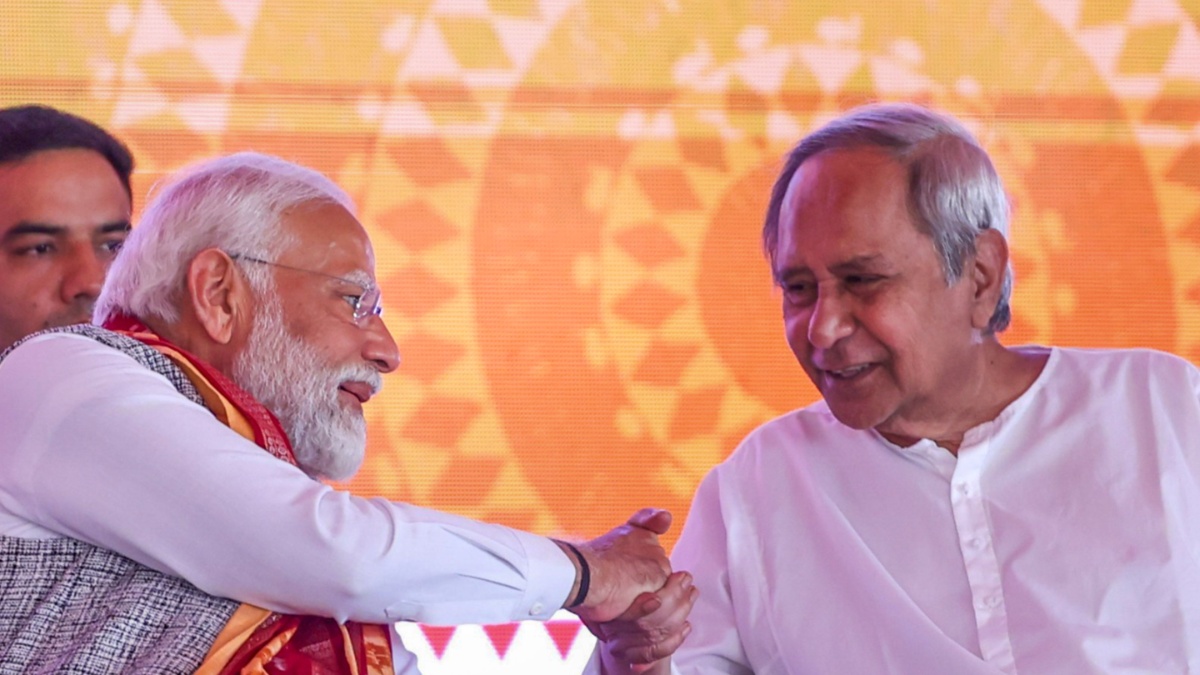 Image Source : PTI/FILE PHOTO PM Modi with Odisha Chief Minister Naveen Patnaik throughout the inauguration of varied developmental initiatives.
Image Source : PTI/FILE PHOTO PM Modi with Odisha Chief Minister Naveen Patnaik throughout the inauguration of varied developmental initiatives.
Negotiations between Odisha’s ruling Biju Janata Dal (BJD) and the opposition Bharatiya Janata Party (BJP) have hit a roadblock as each events battle to agree on seat allocation forward of the simultaneous Assembly and Lok Sabha elections within the state. The BJD, aiming for over 100 seats within the 147-member Odisha Assembly, confronted resistance from the BJP, which finds such an allocation unacceptable. Initially, the regional occasion proposed 112 seats, alarming the BJP, which fears the transfer may undermine its electoral prospects within the state.
In response, the BJP sought 14 out of Odisha’s 21 Lok Sabha seats, a request promptly rejected by the BJD. The 2019 common elections noticed the BJD safe 12 seats, whereas the BJP clinched eight, setting the stage for tense negotiations.
Leaders’ strikes and hypothesis
BJD President and Chief Minister Naveen Patnaik’s shut aides, V Okay Pandian and Pranab Prakash Das, hurried to Delhi for talks with the BJP management however returned with out disclosing particulars. Meanwhile, Odisha BJP leaders, together with state president Manmohan Samal, remained in Delhi, participating in extended discussions with central leaders.
Despite the discussions, no concrete resolution emerged by Friday afternoon. The BJP’s earlier declaration of contesting all 147 meeting segments and 21 Lok Sabha seats underwent reconsideration after Prime Minister Narendra Modi’s latest go to to the state, which shifted the main target to alliance talks.
Historical context
The BJD and BJP’s historical past of alliance dates again round 11 years, from 1998 to 2009, spanning three Lok Sabha and two Assembly elections. Initially fashioned in 1998 when the Janata Dal cut up, the alliance noticed success, securing 17 to 19 seats typically elections, with a vote share peaking at 48.7% in 1998. The seat-sharing ratio then stood at 4:3, with the BJD contesting 84 Assembly and 12 Lok Sabha seats, whereas the BJP fought in 63 Assembly and 9 Lok Sabha seats.
Despite this historic precedent, the present impasse alerts uncertainty over the way forward for the alliance, leaving each events grappling for a decision as elections loom.
Also learn | Congress releases first checklist of 39 candidates for Lok Sabha elections, Rahul Gandhi to contest from Wayanad
Source: www.indiatvnews.com




